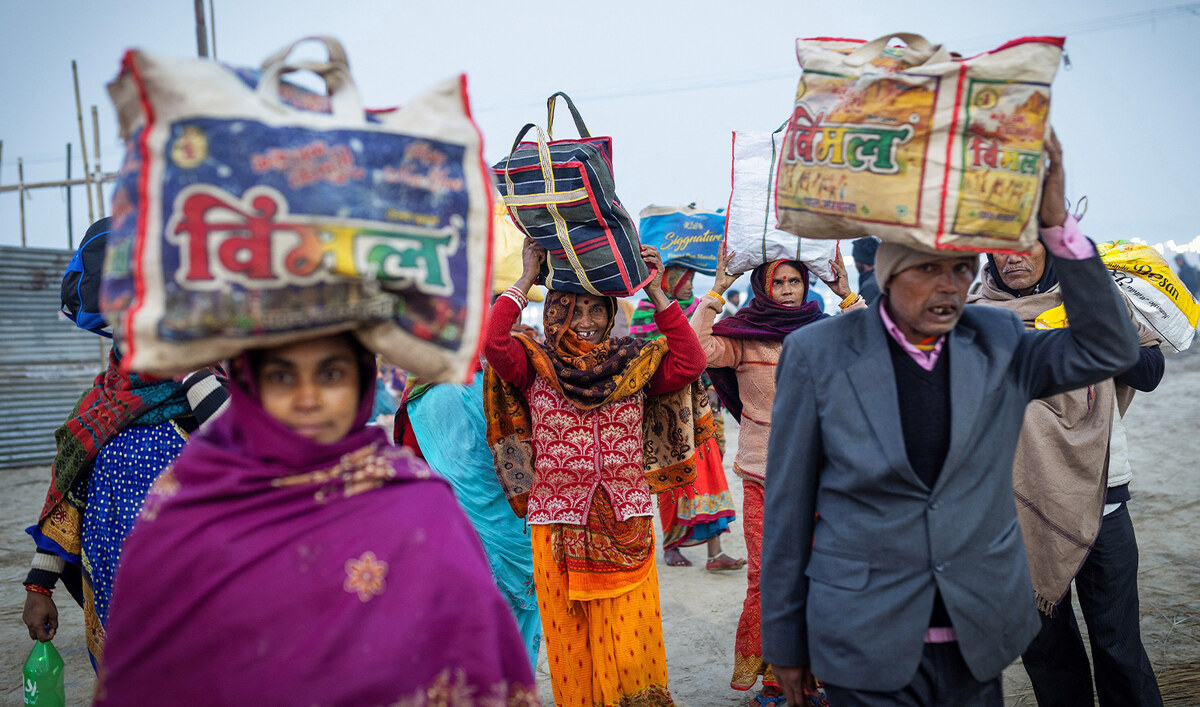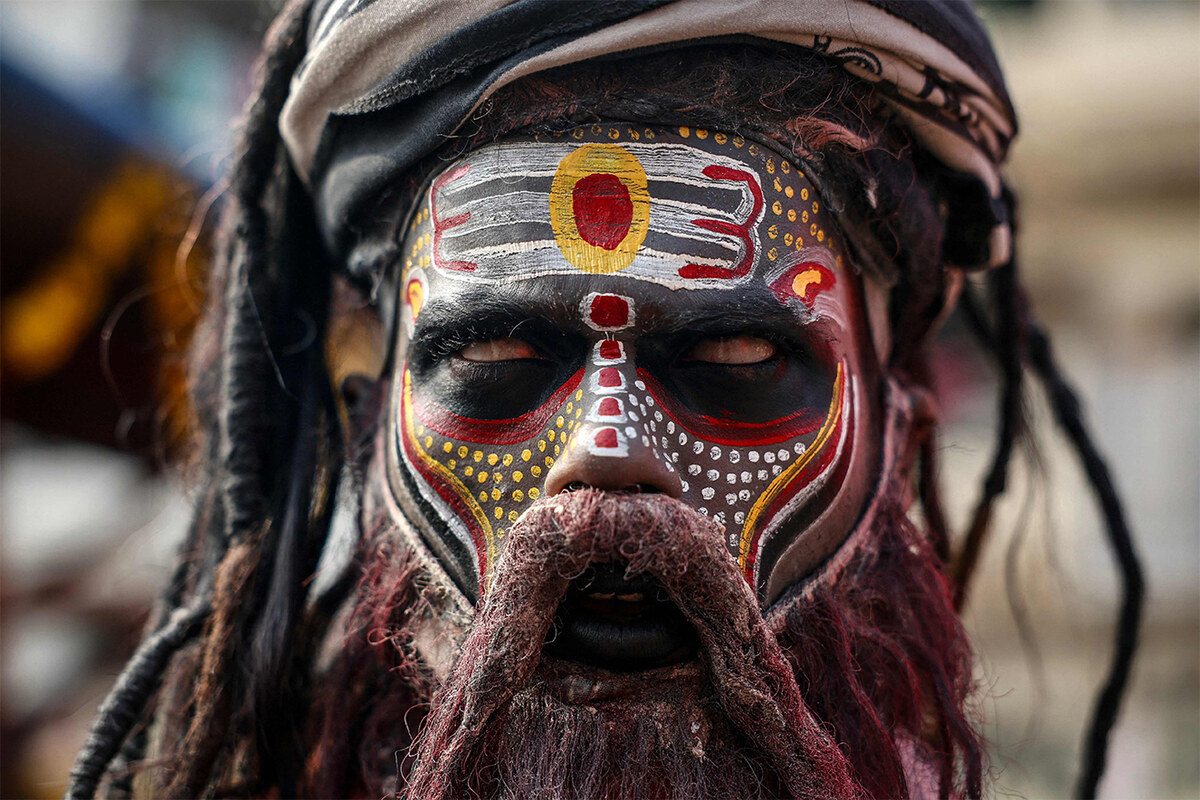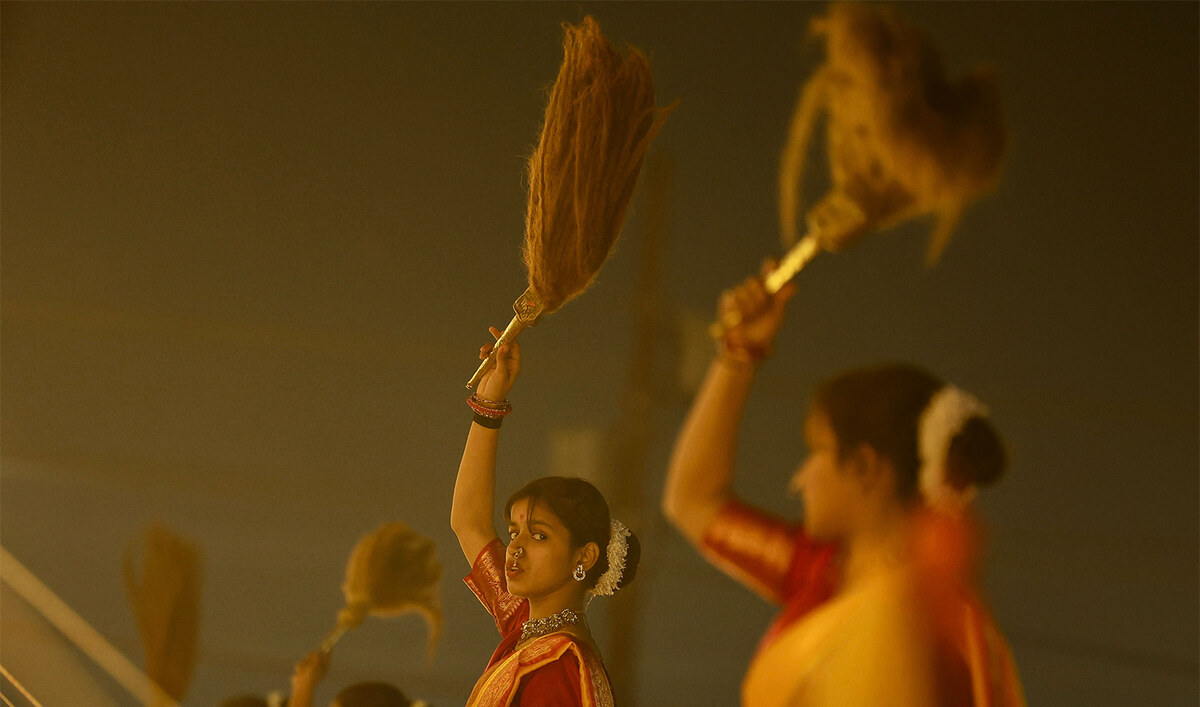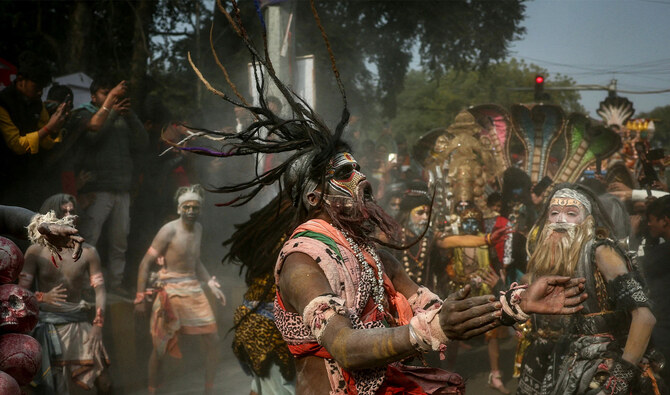RIYADH: Saudi Arabia expressed on Sunday its “great concern” following US attacks on Iranian nuclear sites, according to a statement by the foreign ministry on X.
The Saudi ministry statement “affirmed its condemnation and denunciation of violating the sovereignty of the Islamic Republic of Iran, expressing the need to exert all efforts to exercise restraint, de-escalate, and avoid escalation.”
The kingdom also called on the international community to boost efforts in such “highly sensitive circumstances” to reach a political solution to end the crisis.
United Nations Secretary-General Antonio Guterres meanwhile slammed US President Donald Trump’s decision to order US military strikes on Iran’s nuclear facilities as a “dangerous escalation.”
“I am gravely alarmed by the use of force by the United States against Iran today. This is a dangerous escalation in a region already on the edge – and a direct threat to international peace and security,” he said in a statement.
“There is a growing risk that this conflict could rapidly get out of control – with catastrophic consequences for civilians, the region, and the world,” he said.
READ: Transcript of Trump’s speech on US strikes on Iran
Guterres called on member states to de-escalate and to uphold their obligations under the UN Charter and other rules of international law.
“At this perilous hour, it is critical to avoid a spiral of chaos. There is no military solution. The only path forward is diplomacy. The only hope is peace,” he said.
Other countries began reacting Sunday with calls for diplomacy and words of caution:
Qatar
Qatar’s foreign ministry, in a statement on X, said that Doha “regrets the deterioration of the situation with the bombing of Iranian nuclear facilities.”
The ministry warned that “the escalation the region is witnessing can have disastrous consequences on a regional and international scale.
“The state of Qatar calls for restraint and the urgent return to diplomacy and negotiations to resolve the crisis.”
Oman
A spokesperson for the Foreign Ministry expressed deep concern and condemnation regarding the escalation resulting from the direct airstrikes conducted by the United States on sites in the Islamic Republic of Iran.
Lebanon
Lebanese president Joseph Aoun, in statement released by the Lebanese Presidency on X, meanwhile said: “Lebanon, its leadership, parties, and people, are aware today, more than ever before, that it has paid a heavy price for the wars that erupted on its land and in the region. It is unwilling to pay more, and there is no national interest in doing so, especially since the cost of these wars was and will be greater than its ability to bear.”
“The bombing of Iranian nuclear facilities raises fears of an escalation of tensions that could threaten security and stability in more than one region and country.
“The President of the Republic calls for restraint and the launch of constructive and serious negotiations to restore stability to the countries of the region and avoid further killing and destruction,” the statement added.
UK
UK Prime Minister Keir Starmer called on Iran to “return to the negotiating table” over its nuclear ambitions after the US carried out strikes on Iranian nuclear sites.
“Iran can never be allowed to develop a nuclear weapon and the US has taken action to alleviate that threat,” Starmer said on X, adding that “stability in the region is a priority”.
“We call on Iran to return to the negotiating table and reach a diplomatic solution to end this crisis.”
Iraq
Iraq warned on Sunday that the US attacks on its neighbor Iran’s nuclear facilities threaten peace and stability in the Middle East.
Iraq “expresses its deep concern and strong condemnation of the targeting of nuclear facilities” in Iran, government spokesperson Basim Alawadi said. “This military escalation constitutes a grave threat to peace and security in the Middle East and poses serious risks to regional stability,” he added.
New Zealand
New Zealand Foreign Minister Winston Peters urged “all parties to return to talks.”
He wouldn’t tell reporters Sunday whether New Zealand supported President Trump’s actions, saying they had only just happened.
The three-time foreign minister said the crisis is “the most serious I’ve ever dealt with” and that “critical further escalation is avoided.”
“Diplomacy will deliver a more enduring resolution than further military action,” he said.
China
A flash commentary from China’s government-run media asked whether the US is repeating “its Iraq mistake in Iran.”
The online piece by CGTN, the foreign-language arm of the state broadcaster, said the US strikes mark a dangerous turning point.
“History has repeatedly shown that military interventions in the Middle East often produce unintended consequences, including prolonged conflicts and regional destabilization,” it said, citing the American invasion of Iraq in 2003.
It said a measured, diplomatic approach that prioritizes dialogue over military confrontation offers the best hope for stability in the Middle East.
Japan
Japan’s Prime Minister Shigeru Ishiba is expected to hold a meeting with key ministers Sunday afternoon to discuss the impact from the US attack on Iranian nuclear facilities, according to Japan’s NHK television.
Japan’s largest-circulation newspaper Yomiuri is distributing an extra edition on the attack in Tokyo.
South Korea
South Korea’s presidential office said it would hold an emergency meeting Sunday to discuss the security and economic ramifications of the US strikes and potential South Korean responses.
Australia
Australia, which shuttered its embassy in Tehran and evacuated staff Friday, continued to push for a diplomatic end to the conflict.
“We have been clear that Iran’s nuclear and ballistic missile program has been a threat to international peace and security,” a government official said in a written statement. “We note the US President’s statement that now is the time for peace.”
“The security situation in the region is highly volatile. We continue to call for de-escalation, dialogue and diplomacy.”
Israeli Prime Minister Benjamin Netanyahu was predictably all praises for Trump’s decision.
“Your bold decision to target Iran’s nuclear facilities, with the awesome and righteous might of the United States, will change history,” he said in a video message directed at the American president.
Netanyahu said the US “has done what no other country on earth could do.”
Israel’s Ambassador to the UN Danny Danon also thanked Trump for his “historic decision to prevent Iran from obtaining nuclear weapons. Today, President Trump proved that ‘Never Again’ is not just a slogan — it’s a policy.”
In Washington, Congressional Republicans — and at least one Democrat — immediately praised Trump after he announced his fateful attack order.
“Well done, President Trump,” Sen. Lindsey Graham of South Carolina posted on X. Texas Sen. John Cornyn called it a “courageous and correct decision.” Alabama Sen. Katie Britt called the bombings “strong and surgical.”
Oklahoma Sen. Markwayne Mullin posted: “America first, always.”
The Senate Armed Services Committee chairman, Roger Wicker of Mississippi, said Trump “has made a deliberate — and correct — decision to eliminate the existential threat posed by the Iranian regime.”
Wicker posted on X that “we now have very serious choices ahead to provide security for our citizens and our allies.”
The quick endorsements of stepped up US involvement in Iran came after Trump had publicly mulled the strikes for days and many congressional Republicans had cautiously said they thought he would make the right decision. Senate Majority Leader John Thune said Saturday evening that “as we take action tonight to ensure a nuclear weapon remains out of reach for Iran, I stand with President Trump and pray for the American troops and personnel in harm’s way.”
Thune and House Speaker Mike Johnson, R-Louisiana, were briefed ahead of the strikes on Saturday, according to people familiar with the situation and granted anonymity to discuss it.
Johnson said in a statement that the military operations “should serve as a clear reminder to our adversaries and allies that President Trump means what he says.”
House Intelligence Committee Chairman Rick Crawford, R-Arkansas, said he had also been in touch with the White House and “I am grateful to the US servicemembers who carried out these precise and successful strikes.”
Breaking from many of his Democratic colleagues, Sen. John Fetterman of Pennsylvania, an outspoken supporter of Israel, also praised the attacks on Iran. “As I’ve long maintained, this was the correct move by @POTUS,” he posted. “Iran is the world’s leading sponsor of terrorism and cannot have nuclear capabilities.”
Both parties have seen splits in recent days over the prospect of striking Iran. Kentucky Rep. Thomas Massie, a Republican and a longtime opponent of US involvement in foreign wars, posted on X after Trump announced the attacks that “This is not Constitutional.”
Many Democrats have maintained that Congress should have a say. The Senate was scheduled to vote as soon as this week on a resolution by Virginia Sen. Tim Kaine requiring congressional approval before the US declared war on Iran or took specific military action.
Connecticut Rep. Jim Himes, the top Democrat on the House intelligence panel, posted on X after Trump’s announcement: “According to the Constitution we are both sworn to defend, my attention to this matter comes BEFORE bombs fall. Full stop.”























